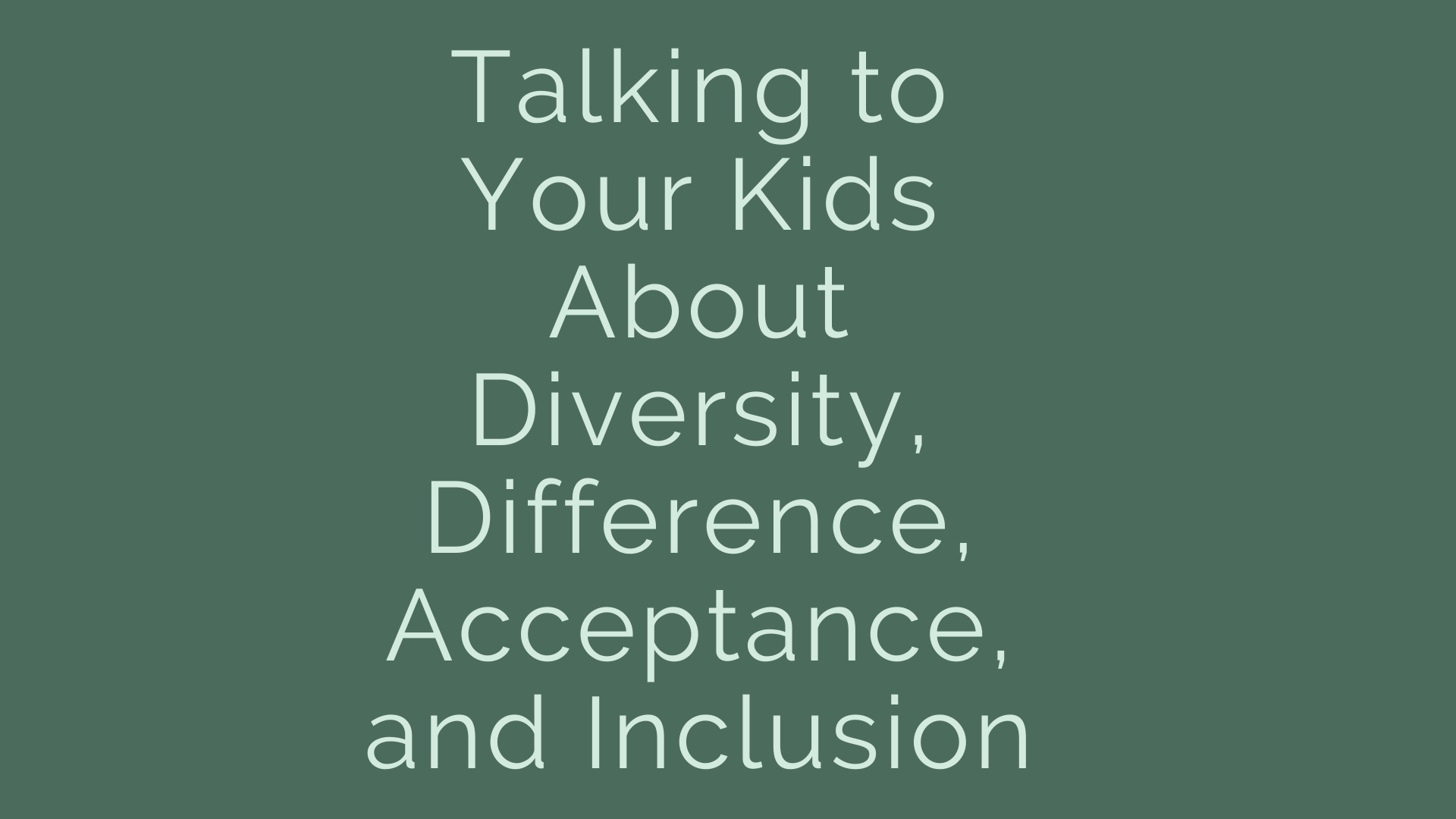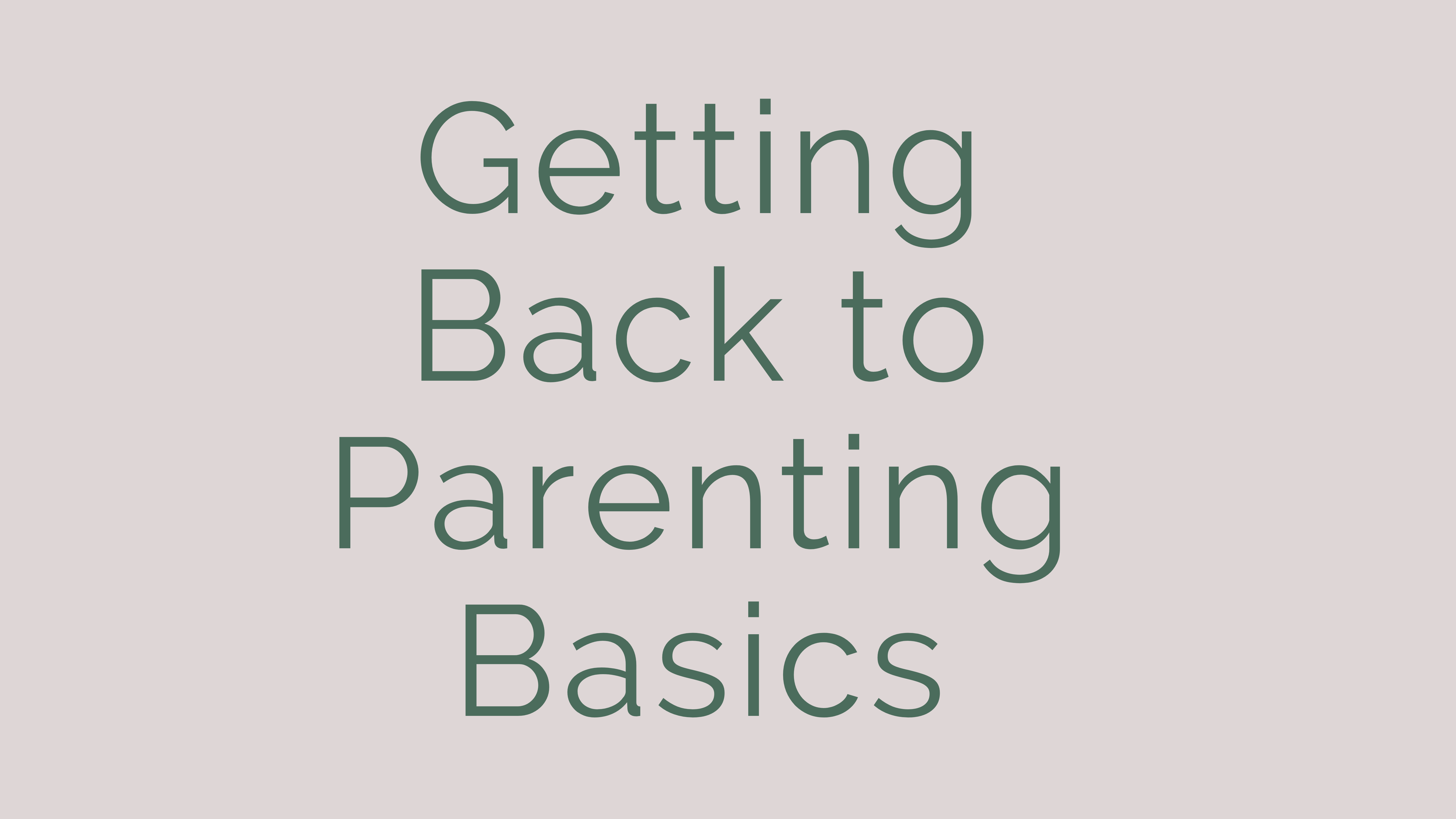I am a big (BIG!) fan of something called Orange Theory. If you’re not familiar, OT is a circuit-based, one-hour, drop in workout studio. Earlier this year I decided to once again try to incorporate exercise into my lifestyle. I am not exaggerating when I say that I hate(d) exercise. (And the outdoors, but that’s a story for another time.) I decided on a whim to try OT. It was the *hardest* work out I’ve ever done, but for some reason I felt compelled to finish it. And keep going after! Instead of quitting, I’m months into something I hope will always be a part of my life. If you haven’t tried OT in your town, you should. But this post isn’t about exercise, it’s about advocating for yourself. And why is it so hard to advocate for yourself?

Photo Credit: Alvaro Reyes
OT doesn’t shy away from making YOU the focus of your work out. They constantly remind you that you are there for a reason, and the only person standing between you and your goals…is you.
It occurred to me during class the other day that no one should love you more than you love yourself. In the US, and in other cultures, the concept of loving yourself seems to make women very uncomfortable. We see this discomfort in no other realm more than we do in the mothering of children 0-5 years.
Why Is it So Hard?
There’s lots of reasons women struggle to state their needs, and demand they’re met. Culturally, women are taught to not make waves, and to make things easy for other people. The underlying and often unsaid message is: if women make people uncomfortable, that’s not a good thing. Even when women are lauded as confident and strong individuals in the workplace or at school, the population at large struggles to find a category in their brain to put “strong, smart woman.” The human mind constantly makes (unconscious) judgments and puts events, people, and thoughts into categories because that’s what our brain thinks keeps us safe.
In the US, when women give birth, they are most often left largely alone to care for their newborn babies. Family members, or a spouse, may be there for some short period of time, but by the end of the first month after giving birth women are left almost entirely on their own to care for their babies.
Somewhere, it became the expectation that women should be able to manage motherhood on their own. We know we don’t have mandated prenatal or postnatal care in the US. We don’t have free childcare, and most occupations don’t have paid leave. So, mom stays home. And if there’s another partner, that person is working. But we also know mothering a newborn can be excruciatingly difficult.
It’s not uncommon to face post-partum depression or anxiety, or reflux or colic, or simply gassy babies who wake mothers every 1-3 hours overnight for weeks on end. But still, so many moms don’t ask for help. Because they don’t have anyone to ask. Or because the person they can ask should be allowed to rest “since they have to work to provide for us.” Or because there is no one to ask. And finally and most simply, because we have not been taught how to ask for what we need.
How to Move Past the Discomfort of Asking for What We Need
Even if you’re well out of the newborn stage, it may still be hard for you to ask for help. Perhaps you are conflict-avoidant, and your partner gets irritated when you ask for help. Or, you unconsciously shy away from asking for help because you believe you should be able to do it on your own. And needing help means you’re not a good mother. There are other reasons too, but whatever they may be, I don’t believe nature (or other powers that be, should you believe in them) intended for mothers to parent alone.
And here’s the other thing that occurred to me in Orange Theory class. The act of advocating for your own needs is a lot like a muscle. Especially if you’re not used to doing it. It will feely deeply unpleasant when you exercise it at first, and it will become rapidly fatigued. But! Just like a muscle, the more often you advocate for your needs, the easier it will become.
It is unpleasant to encounter resistance from your partner. Or unsupportive comments from family members. But the more often you ask for help, and demand you get it – I promise you, the easier it will become!
Remember, No One Should Love You More Than You Love Yourself
Think of your children and the deep love you have for them. Then picture how you would feel if they were in an abusive romantic relationship. If your son was verbally abused by his partner, if he allowed her to lie to him and mistreat him. I bet you’d think, “He just needs to stand up for himself!” If you’re a mother, it won’t be hard to imagine how you’d feel if your daughter had such little self esteem that she allowed herself to be betrayed (or worse) by her partner. But what about what our kids see?
Should they witness us doing all the work? Worse, should they see us ask for help and then not demand we receive it from our partners? Should they see us be mistreated by family members who don’t support our choices? We teach people how to treat us and we should never expect another human to love us more than we love ourselves. We are of little service to ourselves and our families if we don’t have the confidence to identify our needs, ask for help, and demand we get it.
Conclusion
In case someone reading this needs to hear this, you are inherently a valuable person with meaningful contributions to make in this world. If your surrounding loved ones, or your upbringing, makes you feel anything less than the incredible human that the universe created, remember that it’s your job first to see your value. You cannot expect others to see something in you that you don’t see first for yourself.





Leave A Comment